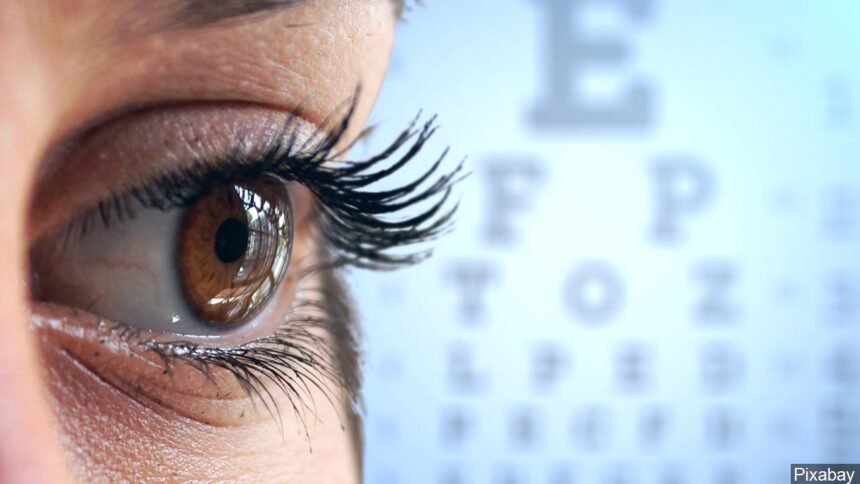With Borderland students spending much of day online, doctors warn of eye strain

EL PASO, Texas -- Thousands of students across the Borderland started the school year online this past Monday. Many students are required to be engaged in virtual learning for up to 7 hours a day, but ophthalmologists said the long hours of screen time can lead to increased eye strain.
"We've had some concerns with kids and the development of eyes when they're looking at screens," Michael Foote, an ophthalmologist with Sun Eye Care said. "Having prolonged near work where you're looking at a computer or at a screen or reading, you have a lot of muscle activity to help that focus up close and that can lead to fatigue and strain."
With tablets and laptops among the essential school supplies this school year, children as young as 5 years old are now spending a large portion of the day online. Doctors are studying whether there can be short term or long term impacts.
"There's been studies particularly what's happening in Asian countries, Asian countries in the past had a lot of people who were farsighted and now they have a lot of children who are becoming nearsighted," Dr. Foote said. "We think the reason for that is because they have less exposure to sunlight and that's having an impact on how kid's eyes grow. Having less sunlight exposure can let the eye grow longer which can induce nearsightedness in kids."
The average school day for students in El Paso starts between 7:30 a.m. and 8 a.m. Within the El Paso Independent School District, students have two breaks throughout the day plus a 30 minute lunch. During that time doctors said it's important to give your eyes a break, putting the cell phones and tablets away or even going outside.
"Sunlight exposure for kids is necessary to have potentially some control over how the eye grows and develops," Dr. Foote said.
It's not just eye strain to be on the lookout for, cell phones, tablets, laptops and computers can all have blue light. Doctors said that can impact our sleep cycles, which is why it's important to set aside your devices at least 1 or 2 hours before you go to sleep.
"It's going to have impact on your melatonin levels, so if you have too much blue light exposure particularly right before you go to bed, that can delay your ablity to fall asleep." Dr. Foote said,
The American Academy of Ophthalmology gives some tips to prevent computer eye strain:
- Follow the "20-20-20" rule: For every 20 minutes, shift your eyes to look at an object at least 20 feet away, for at least 20 seconds
- Adjust Brightness and contrast: If your screen is brighter than your surroundings, your eyes have to work harder to see. Adjust your screen brightness to match the level of light around your.
- Adjust your position at the computer: You should be sitting about 25 inches from the screen. Also, position the screen so your eye gazes slightly downward, not straight ahead or up.
For more tips from the American Academy of Ophthalmology click here.
Overall, Dr. Foote said it's still very essential for children to spend time outdoors.
"I think it's important that kids are not spending all day looking at television screens," Dr. Foote said. "The pediatric societies are going to have a lot of recommendations on how many hours are going to be safe for kids and how much time they need to have adequate play and time outside."
